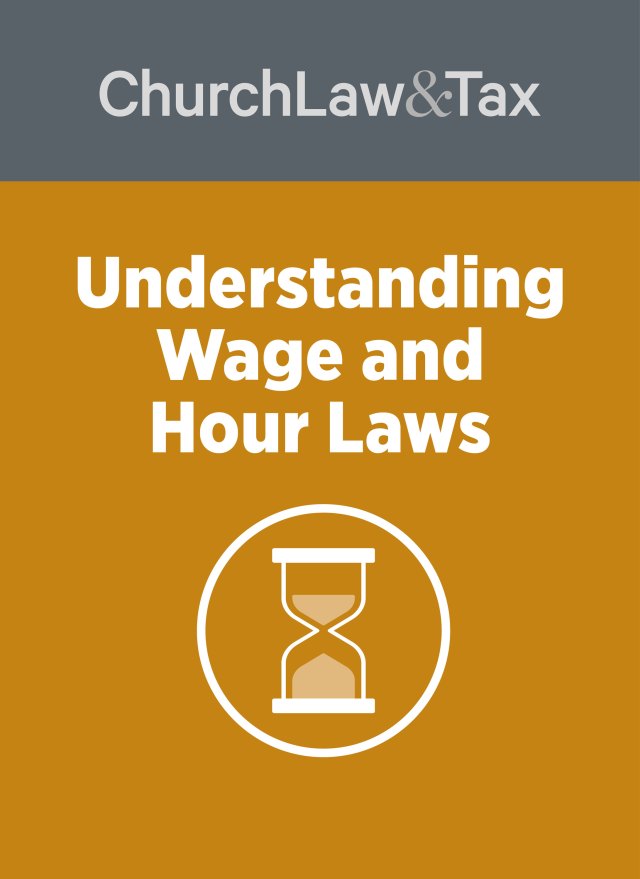• Key point. Employers can be liable for any employee’s acts of “quid pro quo” sexual harassment, and for acts of supervisory employees constituting “hostile work environment” sexual harassment.
A New York court ruled that a charity were liable for an executive officer’s acts of sexual harassment. A male executive director of a public charity engaged in repeated acts of sexual harassment against female employees. The director was the charity’s highest ranking employee. The harassment included inappropriate and demeaning communications, unwelcome sexual overtures, unwanted physical contact, and threats to fire the women (or make their jobs more unpleasant) if they did not submit to his advances. The director repeatedly begged each woman to be his “girlfriend” or “mistress,” and to marry him or sleep with him. He frequently demanded that the women attend nonwork—related lunches with him. A personnel committee was apprised of these actions, and it conducted an investigation which came to the attention of the governing board. As a result of the investigation, the director was placed on a brief leave of absence. The women later sued the director for sexual harassment. They also sued the charity and each member of the governing board.
The court concluded that the charity was liable for the director’s acts of harassment. It noted that there are two kinds of sexual harassment: (1) Quid pro quo harassment, which occurs “when unwelcome sexual conduct-whether sexual advances, requests for sexual favors, or other verbal or physical conduct of a sexual nature-is used … as a basis for employment decisions affecting compensation, terms, conditions, or privileges of employment.” (2) Hostile work environment harassment, which occurs “when the employer’s conduct has the purpose or effect of unreasonably interfering with an individual’s work performance or creating an intimidating, hostile, or offensive working environment.” The court concluded that the director had committed both kinds of sexual harassment: “He promised the [women] various job benefits if they would agree to submit to his advances, and … economic injury if they refused. Moreover [his behavior] required the [women] to run a gauntlet of degrading, offensive, intimidating, and ultimately physically threatening conduct that created a hostile work environment.”
Was the charity responsible for its highest—ranking employee’s acts of sexual harassment? The court noted that under federal law an employer is “strictly liable” for quid pro quo harassment, since the harasser has the authority to alter the terms or conditions of the victims’ employment based on their response to his advances. Therefore, the charity was liable for the director’s quid pro quo harassment. On the other hand, under federal law employers are strictly liable for a hostile work environment created by a victim’s supervisor, but not by co—workers lacking supervisory authority. Since the director was the highest ranking supervisory employee, the charity was strictly liable for hostile environment harassment caused to his actions.
Application. It is worth noting that the court found the charity liable for the director’s acts in part because the board had “condoned” his actions. How did it do so? By having knowledge of the harassment coupled with its inadequate investigation, inadequate corrective action, and failure to establish a sexual harassment policy and grievance procedure. The lesson here is plain. Church leaders
should (1) be familiar with the definition of both kinds of sexual harassment; (2) adopt sexual harassment policies, including adequate grievance procedures that are effectively communicated to all employees; (3) act quickly in responding to complaints of harassment by employees; and (4) take corrective action commensurate with the severity of the acts of harassment. Of course, the assistance of an attorney will be indispensable in implementing these actions. Father Belle v. State Division of Human Rights, 642 N.Y.S.2d 739 (A.D. 1996). [ Title VII of the Civil Rights Act of 1964]
© Copyright 1998 by Church Law & Tax Report. All rights reserved. This publication is designed to provide accurate and authoritative information in regard to the subject matter covered. It is provided with the understanding that the publisher is not engaged in rendering legal, accounting, or other professional service. If legal advice or other expert assistance is required, the services of a competent professional person should be sought. Church Law & Tax Report, PO Box 1098, Matthews, NC 28106. Reference Code: m66 m86 c0198



